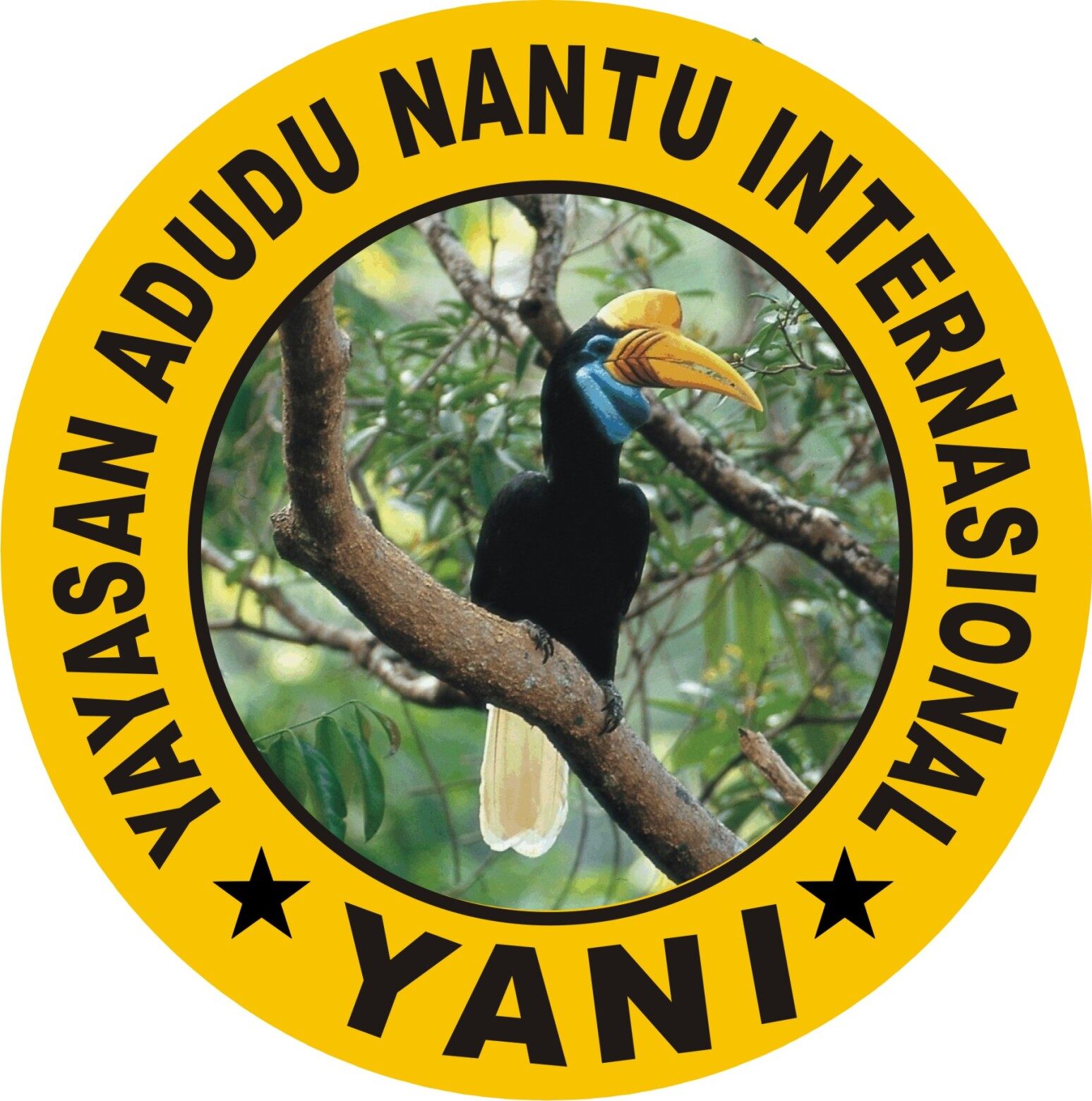ABOUT US
YANI
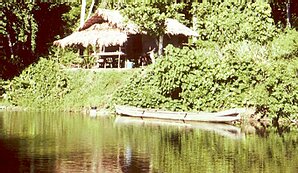
Conservation work in and around Nantu Forest was initiated by Lynn Clayton’s PhD study on Babirusa in 1988. She discovered a hot spring near the Adudu stream where plenty of rare and endangered wildlife used to gather. Unfortunately, illegal snaring of many species took place for the bushmeat trade. This led to informal meetings of researcher Lynn Clayton with local conservationists.
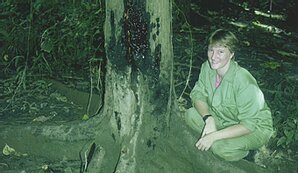
First activities of this informal group date back to 1990 after which more concrete steps, together with the Indonesian forestry and conservation departments, were taken. The first government habitat protection team came into action in 1997. The Yayasan (Foundation) Adudu Nantu Internasional (YANI) was officially established on 30 July 2002 (AKTA Notaris Nomor 30).
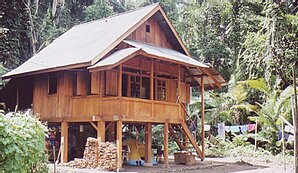
The board of YANI consists of highly respected persons with an impressive track-record in government, science and the private sector. The staff and volunteers of YANI gratefully thank the board for their committment and vision. Their contribution is greatly appreciated and invaluable for YANI.
Our Activities

YANI’s organizes a wide range of activities. All activities are characterized by the fact that they involve as much as possible different peoples, organizations and institutions. Similarly, a great variety of different work forms are chosen in order to make the conservation approach attractive for many. Workshops, field and school visits, and drawing competitions are just a few examples of how YANI is constantly seeking new audiences.
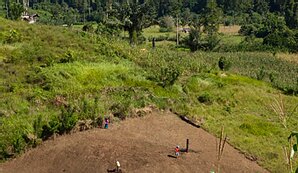
The main aim of these activities is to contribute to the conservation and development goals of the organization. But they have an impact that goes beyond that immediate level. YANI’s presence creates a platform for all involved to meet, share ideas and develop new approaches for conservation and development.

Our Partners
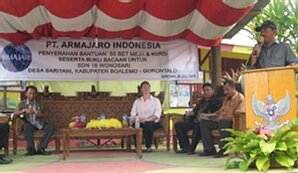
YANI works together with partners that share its vision and goals on a sustainable future for Nantu Forest, its wildlife and the people that live around it. The government, the corporate sector, scientific and educational institutions and the media cooperate regularly with YANI. This long-term approach is essential to gain trust from the many persons and institutions present around Nantu Forest and beyond.
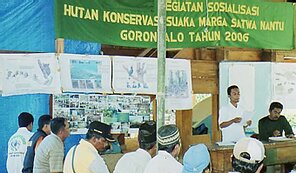
Partnerships vary from actual presence in the field, attending workshops and seminars to support in kind or financial support. Working together with the people, and organizations and institutions around Nantu, and as far as Jakarta, is an essential element of YANI’as work. Next to direct support for YANI’s work, it creates important ‘learning experiences’ for all involved.

